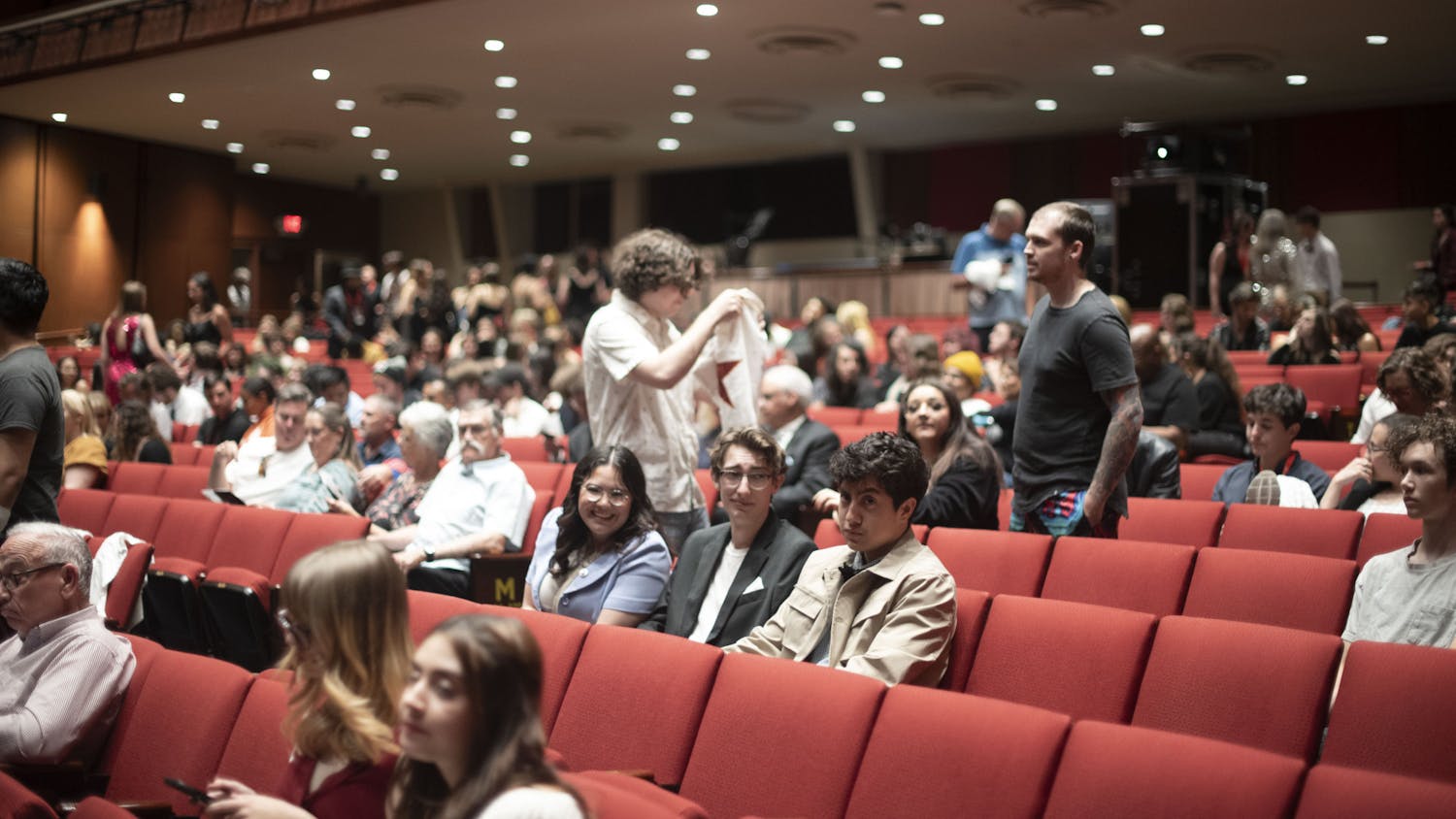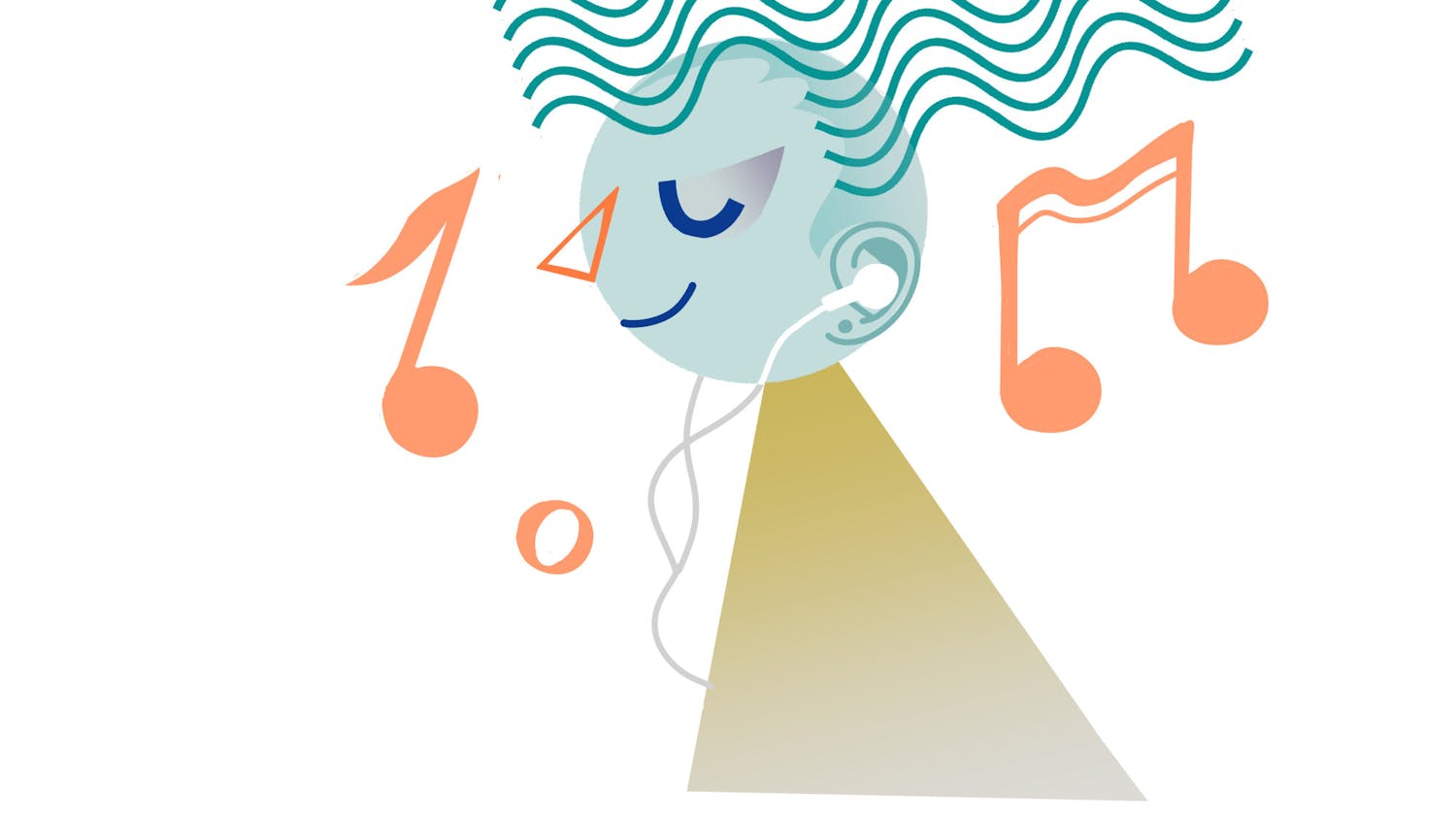Recently I had lunch with an elderly friend. I’ll call her Elaine. As we chatted over our salads, Elaine told me about a trip she took over the holidays to visit her sister and brother-in-law in Minnesota. Unfortunately, they got into a huge fight, the visit was a disaster and she left angry.
“I really don’t care if I ever see her again,” she told me.
“Really? Never?” I asked, thinking about the implications of such a stance at her age. “That makes me sad. I hope you can one day forgive her.”
“Oh, I have forgiven, but I have not forgotten!” Elaine said, attacking a tomato.
Leaving aside my impression that she didn’t appear to have forgiven her sister at all, I mulled over her comment as I drove back to work. Forgiven but not forgotten. What does that mean? Is there a difference?
I think that, in a way, there is no difference. Forgiving means forgetting, if by forgetting you mean putting it out of your mind.
Choosing to let go of a certain thought or attitude can be a form of conscious forgetting that can make your life much easier.
Elaine is convinced that her sister is completely at fault for the fight, and as long as she holds onto that version of the story she will feel the anger that comes with it.
Gautama Buddha said, “Holding onto anger is like grasping a hot coal with the intent of throwing it at someone else; you are the one who gets burned.” The vigor with which Elaine hacked at that tomato let me know she was still burning inside.
This is National Acts of Kindness week, capped off by Valentine’s Day on Friday. What better time to think about doing something kind like forgiving someone who has hurt or wronged you? You will feel better getting that grudge out of your belly, and your health will benefit as well.
What is forgiveness? Forgiveness is not the same as condoning, excusing, or even necessarily reconciling with the offender. When you forgive an offense, that doesn’t mean you are saying what happened was okay. It doesn’t mean you forget about it or pretend it didn’t happen.
It does mean that you decide you are not going to obsess about the event or the person, and that you are not going to let the story of the painful event play constantly in your mental background and ruin your peace of mind. When you forgive, you refuse to let anger and resentment prevail, and as a result you feel happier and calmer. It is about healing yourself.
Fred Luskin, director and co-founder of the Stanford University Forgiveness Project, has written a wonderful book titled “Forgive for Good.” In it he describes how sometimes when we get hurt we end up holding onto the hurt or anger and getting stuck in a place of unhappiness and resentment that is unhealthy. He believes that the reason this happens is as follows:
Get content from The Daily Lobo delivered to your inbox
1. We took something too personally. Much as we might like to, we can’t control what other people do, and usually what they do is far more about them than about us. If we acknowledge this, then what others do is less likely to harm us.
2. We continue to blame the other person for how bad we continue to feel. If we choose to keep thinking about what happened, to dwell on it and let it get us down, that is our own responsibility. We control our own minds and thoughts and we have great power to shape our own experience.
3. We created a grievance story. This is our wounded version of events, in which usually someone else is entirely responsible for our experience. We are the injured and helpless victim. We tell this story to anyone who will listen, most of all to ourselves, over and over, like a broken record. And, like a broken record, it keeps us from moving forward in the music.
Luskin defines forgiveness as “the feeling of peace that emerges as you take a hurt less personally, take responsibility for how you feel and become a hero instead of a victim in the story you tell.” He recommends evicting the renters in your head that are taking up so much real estate, and describes some simple and proven methods for moving past the hurt.
If you are having trouble forgiving someone in your life, I recommend his book.
I said you’d be healthier if you forgive. It turns out a “change of heart” is exactly that: letting go of resentment and anger lowers blood pressure and pulse, decreases the physiologic stress responses and frees up more positive emotions. Not only that, forgivers sleep better, are more energetic, have fewer physical symptoms and use fewer medications. So do it for your health if for no other reason.
Finally, don’t forget your own flawed self when you are looking for people to pardon. Self-forgiveness can be the hardest of all, but admit it, nobody is perfect. You do your best, and sometimes you mess up. Welcome to the human race. So when you are handing out hugs this week, lay one right where it counts: on your own sweet heart.
“A wise man will make haste to forgive, because he knows the true value of time, and will not suffer it to pass away in unnecessary pain.” – Samuel Johnson, English author and scholar, 1709-1784
Dr. Peggy Spencer is a physician at Student Health and Counseling. She is also co-author of the book “50 Ways to Leave Your 40s.” Email your questions directly to her at pspencer@unm.edu. All questions will be considered, and all questioners will remain anonymous.





